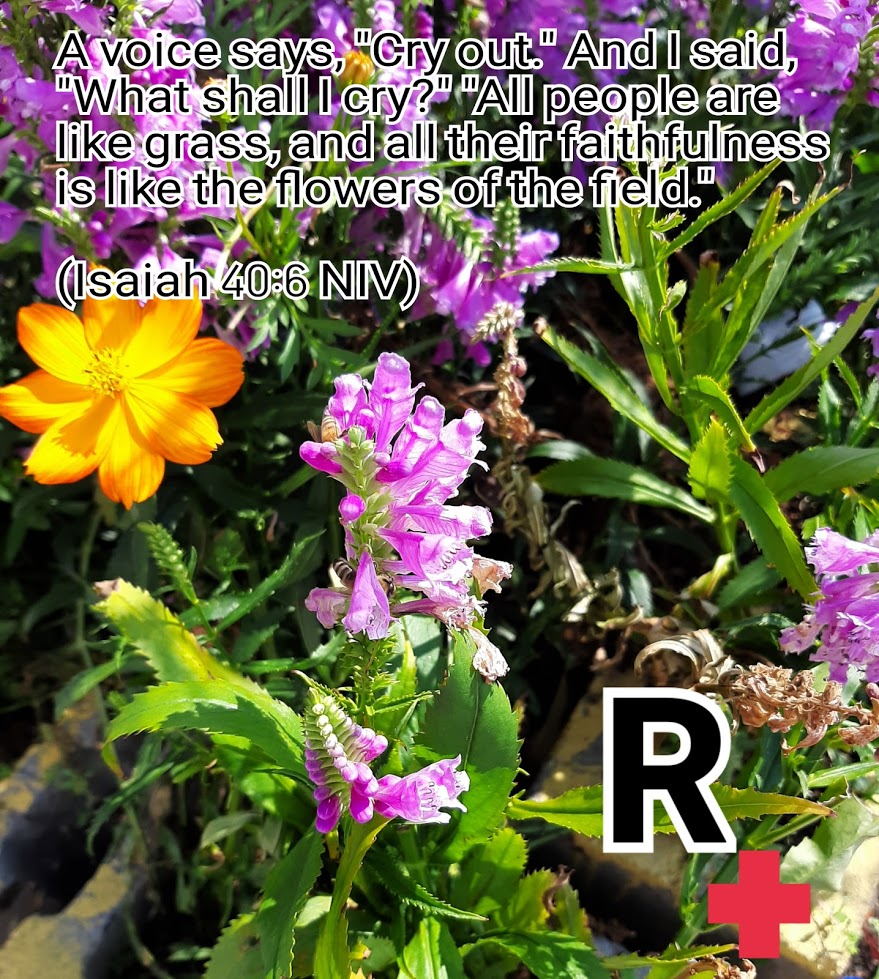Have you ever feel like every day, you are burdened with trying to do what you know is impossible? It could be finding a job that you actually enjoy while it doesn’t leave you financially in need, forgiving a person for a physical/spiritual/mental/emotional wound that had gone too deep, or learning a new language to better your career prospects.
For me, it’s just something that I’m required to do daily: to lip-read and pass off as a hearing person, even while full knowing well I just can’t. Based on my personal experiences (and experiences of others who are in the same situation), it’s never a good idea to disclose one’s disability to people you just met. At best, people can be annoying and simply mouth all sorts of words to test your ability to lip-read, or yell loudly to see if you can hear them “better.” At worst, they’re cruel to you.
When thinking about accomplishing the impossible task of lip-reading every day – no matter how hard I try – I know that none of my efforts will really matter.
Logically, I know it’s impossible to depend on lip-reading. It’s mostly guesswork. Daily I ask God for the impossible, to be able to lip-read. Yet even on my best days, I would have to ask the person to repeat themselves several times or, if they are willing, to type it out on their phones for me.
But what’s good is that in spite of all our hardships, one thing doesn’t depend on our efforts.
Our own salvation.
“Therefore the Lord himself will give you a sign: The virgin will conceive and give birth to a son, and will call him Immanuel.” -Isaiah 7:14 (NIV)
This verse gives me the hope I need to simply just get up each morning and give thanks every day.
If our salvation were up to us, and us alone, none of us ever will have the capacity to stand before God. Nothing we did, nothing we haven’t done, nothing we say will ever be justified.
Instead of being judged in comparison to others, we are judged by the standards of God’s glory – which was revealed to us through Christ, who exemplified who we should have been like from the very beginning (Matthew 6:27; Matthew 25:31; Luke 2:14, 34; Luke 9:26; Luke 21:27; Luke 24:26; John 1:14; John 2:11; John 5:44; John 8:54; John 11:40; John 12:41; John 15:8; John 17:4-5, 10, 22, 24).
How the impossibility of our personal salvation has been made possible by God through Jesus (Matthew 19:26; Mark 10:27; Luke 18:27; Acts 2:24; Hebrews 6)!
Glory to God in the highest.

